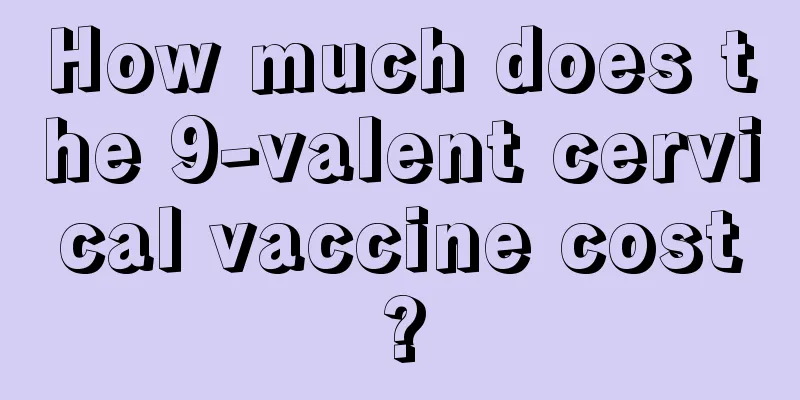[Medical Q&A] How does parenteral nutrition sustain life?
![[Medical Q&A] How does parenteral nutrition sustain life?](/upload/images/67f0fe253cd58.webp)
|
Planner: Chinese Medical Association Reviewer: Yu Jianchun, Chief Physician and Professor of Peking Union Medical College Hospital The digestion and absorption of nutrients are inseparable from the human digestive system. However, if there is a problem with the digestive system, the nutrients in the food cannot be absorbed by the human body through the digestive system. How can humans maintain life? Parenteral nutrition solves this problem through scientific means. As people deepen their research on nutrition, they are increasingly aware of the necessity of nutritional support, especially for patients with gastrointestinal failure or severe disorders. The emergence of parenteral nutrition is like a life-saving straw, which has prolonged the lives of countless people. Parenteral nutrition is to provide the required nutrients (nutritional preparations are different from ordinary intravenous infusions) directly to the patient's body through the intravenous route (non-gastrointestinal route), including carbohydrates, fat emulsions, essential and non-essential amino acids, vitamins, water and electrolytes and trace elements. The purpose is to enable patients to maintain their nutritional status, increase weight and promote wound healing when they cannot eat normally. This method bypasses the human digestive system and brings good news to patients who cannot absorb nutrition through the gastrointestinal tract. It can effectively treat critically ill patients with surgery, trauma, burns, gastrointestinal dysfunction or failure, and it also plays an increasingly important role in the treatment of many difficult diseases such as tumors, chronic diseases, and geriatric comorbidities. Doctors will develop personalized parenteral nutrition plans based on the patient's specific conditions, and regularly monitor the patient's blood indicators (such as blood sugar, electrolytes, liver function, etc.) to adjust the nutritional treatment plan in a timely manner to ensure the accuracy and effectiveness of nutritional support and improve the patient's quality of life and survival rate. |
<<: [Medical Q&A] What is a pain pump and will using it lead to dependence?
>>: [Medical Q&A] Does a high protein content mean it is a high-quality protein food?
Recommend
The dangers of fallopian tube stones
The fallopian tube is a very important organ for ...
Is 0.8cm of endometrium normal?
The female uterine cavity has an important respon...
How should women maintain their uterus?
As women age, their ovarian function gradually de...
If you don't take care of your confinement, your whole body will ache. Here's how to fix it
After experiencing the difficult process of pregn...
Everyone has cataracts and presbyopia? Don't worry, this method can solve it...
"The words are too small, I can't see cl...
Why should women take care of their uterus?
Environmental pollution is becoming more and more...
When is it easiest for a woman to get pregnant after her period?
Some women want to get pregnant and have already ...
Americans' vision for social media
From March 6 to 9, 2023, YouGov conducted a quest...
How to recover breasts after weaning
Recently, a neighbor mother has been complaining ...
Belly dancing is harmful to the uterus
Belly dancing will not make your belly bigger. It...
Can empty follicles be detected by ultrasound?
Empty follicles are a relatively abnormal conditi...
Brown discharge during late pregnancy
The bodies of many pregnant women will undergo ma...
What is uterine discharge
The uterus is a unique reproductive organ in the ...
The "cancer survival calculator" is no longer a science fiction concept? AI can predict cancer survival rates
Audit expert: Zheng Yuanpan, professor at Zhengzh...
[Parents must read] Children's vaccination strategy
What vaccines should children get? At present, my...









